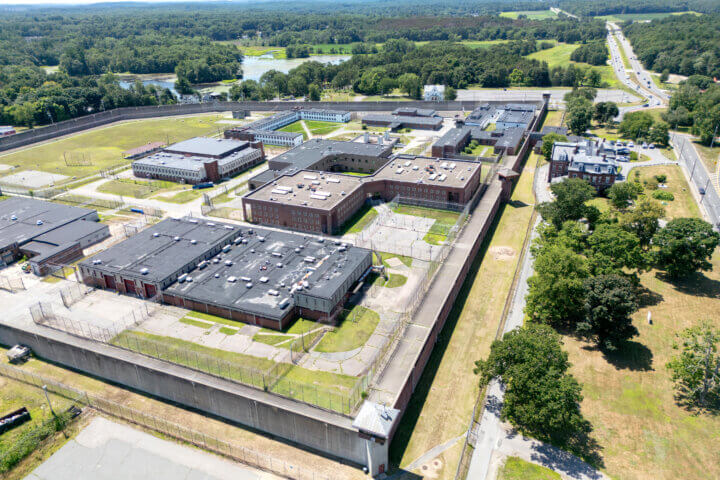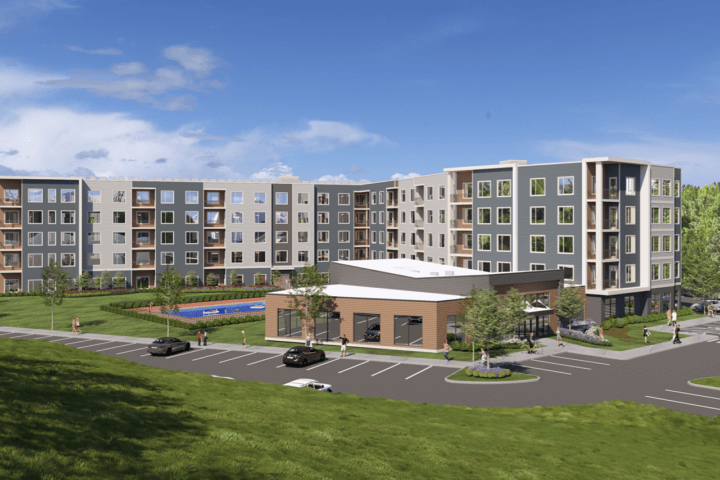The Finance Committee has gathered data from the schools and town with an eye toward setting the annual budget guideline but held off making a recommendation until more information is available from the schools and town departments.
The guideline is set each fall as departments prioritize where tax dollars are to be spent for the coming year. The budgets are voted on at Town Meeting in the spring.
The FinCom said it won’t be ready to set the guideline until late November.
Schools provide budget data and potential warrant articles
Superintendent Laurie Hunter said the department’s goals include “support to students, mental wellness, cultural competency and innovative environments.”
The plan for addressing those priorities “is still being formulated,” Hunter noted. “We will review and may incorporate certain priority items with financial impact into the FY25 budget.”
Hunter said the five-year capital plan for the elementary and middle schools will be informed by the Existing Conditions Facilities Assessment now underway.
At the regional high school level, the capital plan includes several projects.
One is an amenities building, including bathrooms, near the football stadium, which “will be brought forward as a warrant article in the FY25 budget process,” Hunter said. The estimated design and construction cost is $2.3 million.
“The figures are based on an earlier feasibility study, with some cost escalation and design costs factored in to bring the project forward to current market pricing,” Hunter noted. The number of bathrooms is based on the stadium’s seating capacity.
Another potential capital project: a track and field facility on the former landfill near the Walden Street entrance of Concord-Carlisle High School. “This is in the very early stages, and the hope is that sufficient funds can be raised so that any contribution by the school district will be limited in scale,” said Hunter.
Currently, there is no timeframe for the project as fundraising efforts are studied. The “very rough” cost estimate is $2.5 million.
Hunter said contract negotiations with teachers’ unions, which may impact the operating budget, are due to start soon.
The department’s FY25 budget will be delivered to the School Committee at its November 21 meeting. The public hearing on the school budgets is scheduled for December 5.
Town weighs in
On the municipal side, Town Manager Kerry Lafleur listed three “strategic issues”: recruitment and retention of employees, maintaining capital infrastructure and balancing service-level expectations through strategic planning.
Regarding recruitment, Lafleur said a new plan providing competitive wages across the board has “already led to slightly stronger candidate pools, even in this incredibly challenging market.”
Five of six union contracts are due to expire and will have to be renegotiated, Lafleur said: “The town will need to dedicate resources to develop a solid, inclusive and comprehensive recruitment strategy and marketing plan to ensure we meet these objectives.”
But she said the new focus on competitive wages and other efficiencies means she will likely not be adding to the full-time workforce.
Lafleur said capital needs, whether within the levy limit or requiring a debt exclusion vote, will be discussed “more thoroughly through the capital improvement planning process beginning in November.”
She said the town will have to address “funding needed to address long-term public safety or public works facilities.”
Lafleur noted that the American Rescue Plan Act, or ARPA, included $25,000 for municipal strategic planning. “While it was anticipated that this work would begin over the summer, we have yet to move forward,” said Lafleur. “Given staffing and competing priorities, we expect this work to begin in January.”
Guideline Subcommittee Chair Lois Wasoff said more information was needed before the FinCom could set the guideline. After that, departments will try to keep their budget increases in line with the percentage.
“The information is incomplete,” said Wasoff. “We don’t have information on the impact on taxpayers, so we are putting off making a recommendation.”
Among the outstanding data is the anticipated revenue from the school department, the tax impact on homeowners, the effect of the tax abatement program and the impact of the school budget following the union negotiations, although the outcome won’t be known until June.
“It’s too early,” said Wasoff. “I’m optimistic, but not now.”
Committee Chair Parashar Patel said a “second round” aimed at setting the guideline will happen at its November 17 meeting before concluding with a guideline on November 27.





